Let’s talk about something that’s been getting a lot of buzz lately: modern eugenics. You know, the shiny new idea that we can improve humanity by tweaking our genes. On the surface, it sounds like the ultimate science fiction dream—curing diseases, eliminating suffering, maybe even choosing your kid’s eye color. But before we all start lining up for the genetic upgrade, let’s take a moment to consider the not-so-glamorous side of this brave new world.
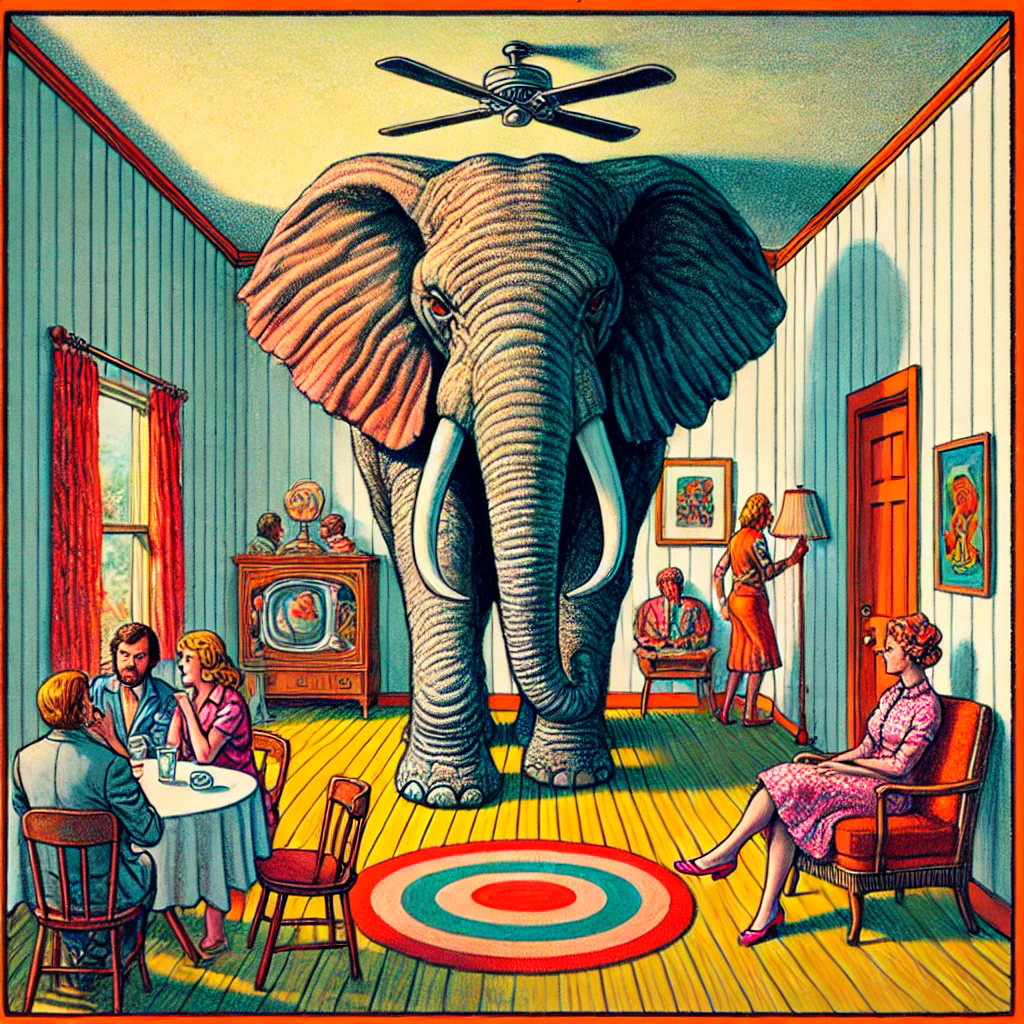
Eugenics: Still a Bad Idea, No Matter How You Dress It Up
First, let’s address the elephant in the room: eugenics has a pretty horrific track record. In the past, it wasn’t about health or well-being; it was about deciding who was “fit” to exist and who wasn’t. Forced sterilizations, racial purity, the whole nine yards. Fast forward to today, and while we might not be as overtly horrific, the basic idea hasn’t changed much. Modern eugenics still revolves around the notion of making humanity “better” by weeding out the “undesirable” traits. The only difference is now we’ve got fancier tools to do it.
But here’s the thing: the concept of making people “better” is a slippery slope. What happens when we start deciding which traits are worth keeping and which ones aren’t? It’s a short jump from curing diseases to deciding that maybe, just maybe, we don’t want any more people with quirks that society doesn’t value.
The Illusion of Control: Who Needs Nature When We’ve Got Lab Coats?
One of the big selling points of modern eugenics is the idea that we can control our genetic destiny. With tools like CRISPR, it’s easy to believe we’re on the cusp of mastering evolution. But let’s not kid ourselves—genetics is a lot more complex than just flipping a few switches. We barely understand how most of our genes work, let alone how they interact with each other.
So, when we start tinkering with our DNA, we’re not just editing a few lines of code—we’re messing with a system that’s been evolving for billions of years. And while it might be tempting to think we can improve on nature, history has shown that when humans start meddling with complex systems, things tend to go off the rails. The illusion of control is just that—an illusion. And the consequences of getting it wrong could be a lot more serious than a few unexpected side effects.
Diversity: The Forgotten Strength
Another big issue with modern eugenics is what it could mean for diversity. Nature loves diversity—it’s what keeps species resilient and adaptable. But when we start engineering our offspring to meet some arbitrary standard of perfection, we risk losing the very thing that makes us strong.
And let’s be honest: who gets to decide what “perfection” looks like? The same folks who’ve spent decades selling us on narrow beauty standards and one-size-fits-all success? Thanks, but no thanks. Diversity isn’t just a buzzword; it’s the foundation of innovation, creativity, and survival. Homogenizing our gene pool in the pursuit of some idealized human could leave us all weaker in the long run.
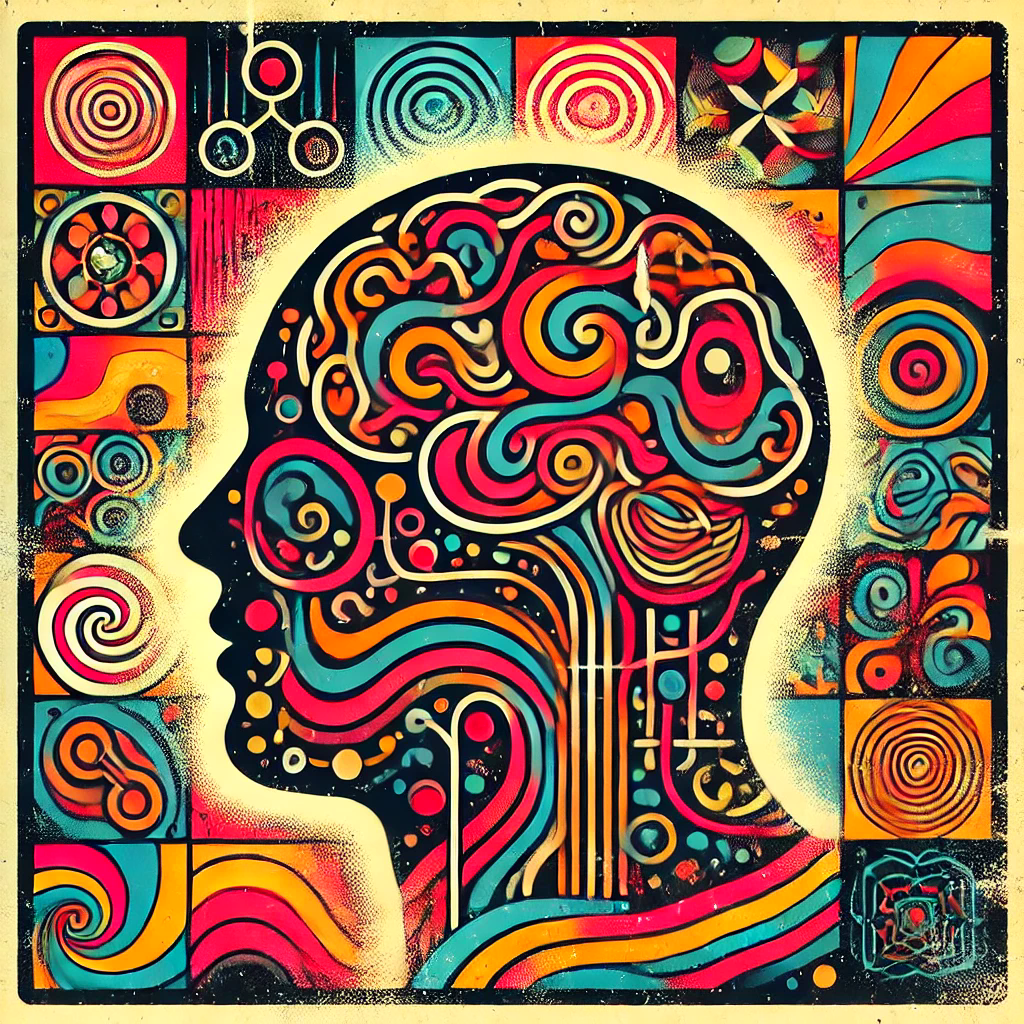
Ethics: Or, What Could Possibly Go Wrong?
Let’s not forget the ethical quagmire we’re wading into here. Who has the right to decide which genes are desirable and which aren’t? Today, it might be about eliminating diseases—something we can all get behind. But what happens when we start using these technologies to “enhance” other traits? Intelligence, physical ability, even personality—suddenly, we’re not just curing illnesses; we’re engineering people.
And that brings us to a critical point: not everyone who has a condition like Autism Spectrum Disorder (ASD) sees it as something that needs to be “fixed.” Sure, I’m all for understanding ASD better, finding ways to make life easier for those on the spectrum. But the idea that we should edit out those traits? That’s a whole different conversation. Everyone brings something unique to the table, and our quirks—whether they’re genetic or not—are part of what makes us human.
A Wake-Up Call, Not a Conclusion
Modern eugenics promises a lot—healthier babies, longer lives, better humans. But it also comes with risks that we can’t afford to ignore. If we’re not careful, we might find ourselves creating a future that’s less about human improvement and more about human conformity. The drive to engineer a “better” human could easily backfire, leaving us with a world where diversity is stamped out in favor of some ill-conceived notion of perfection.
So, next time someone starts talking up the wonders of genetic engineering, ask them this: Are we really ready to handle the consequences? Because if history is any guide, we’re a lot better at opening Pandora’s boxes than we are at dealing with what comes out.

Darth Grumps
Grumps is the name most folks recognize him by on TikTok, Discord, and various other corners of the internet. He’s the one writing and talking about how Satanism weaves into the everyday grind, working to clear up the usual misconceptions people have about the religion. Through his own unique lens, he offers insights and a slice of Satanic wisdom that only he can provide.
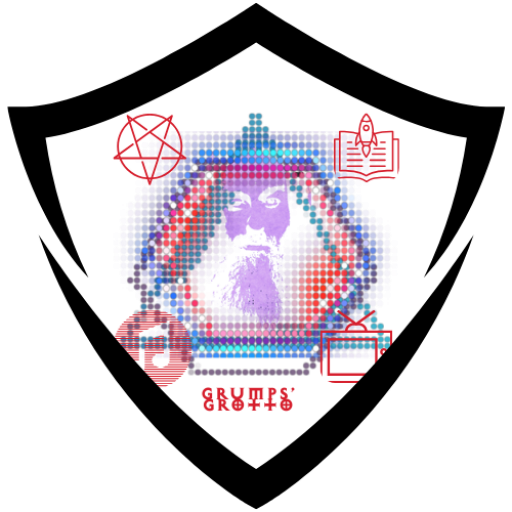
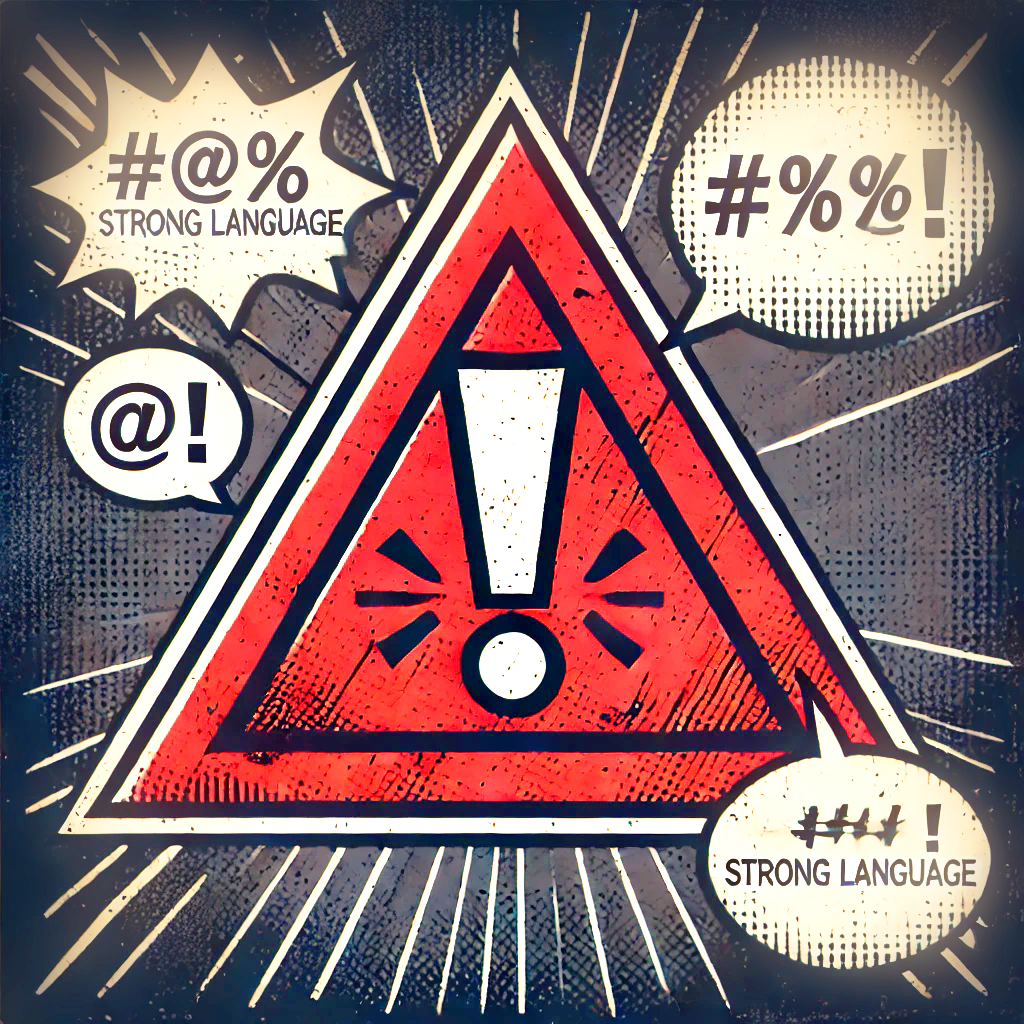
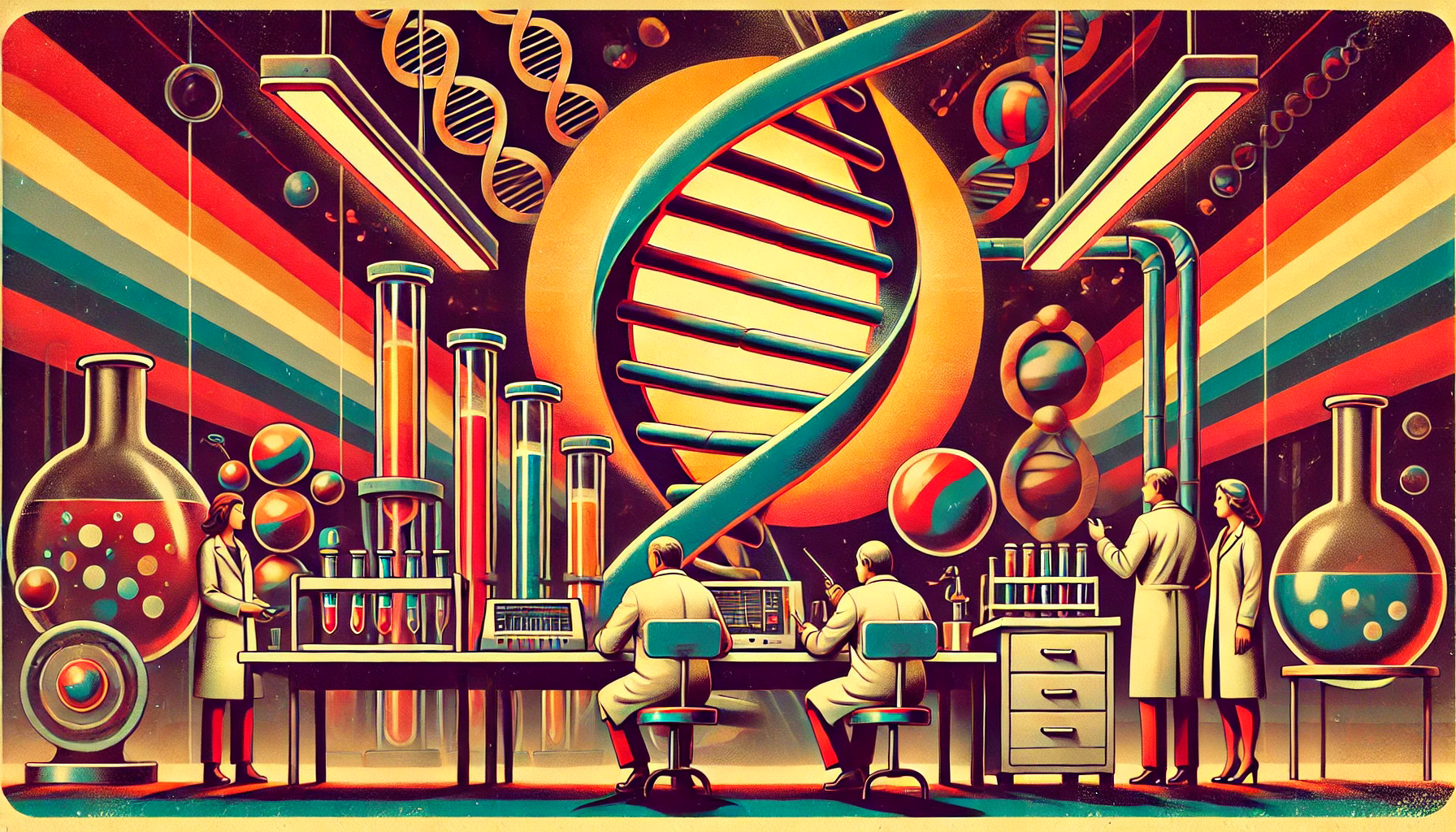
Leave a Reply